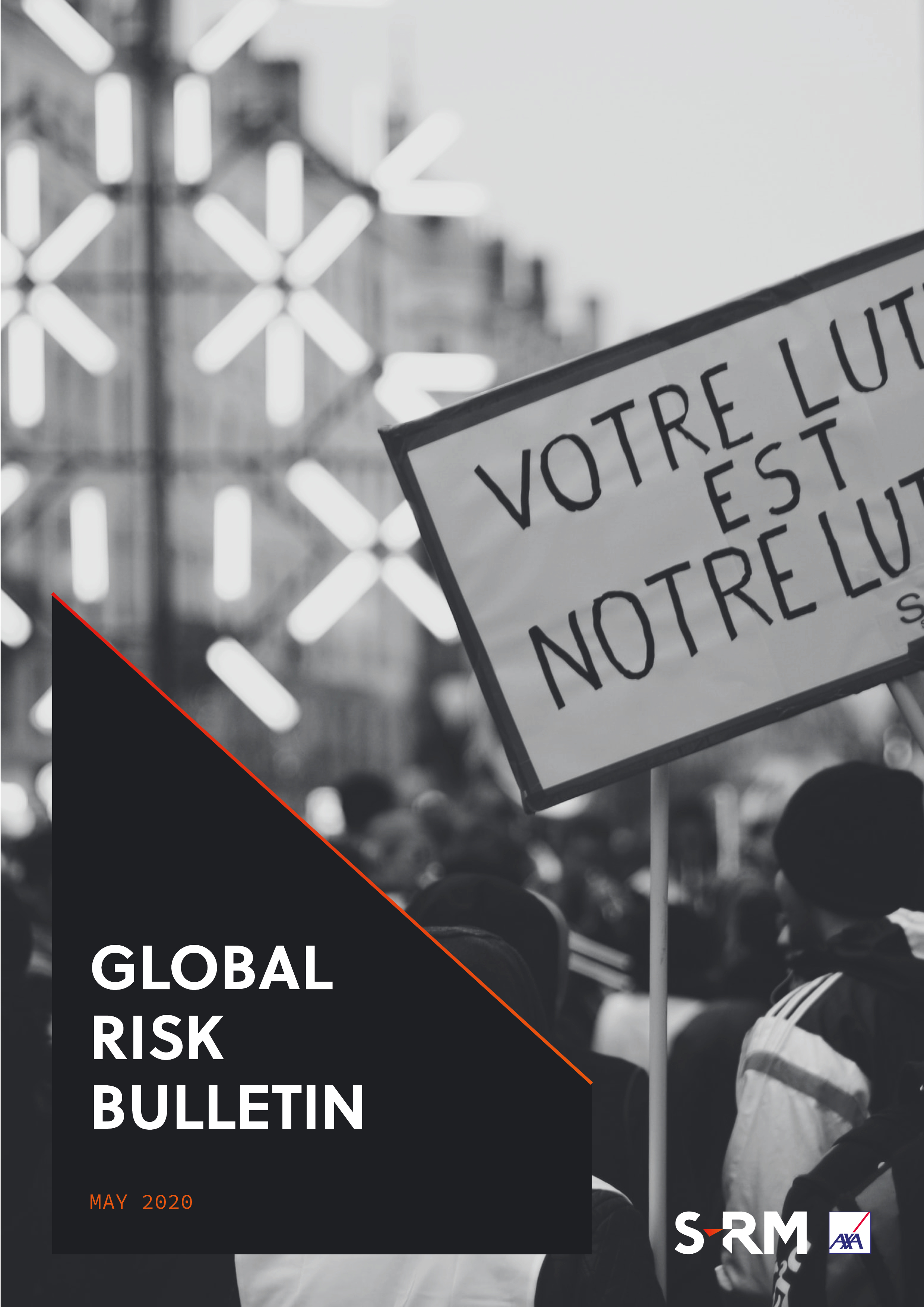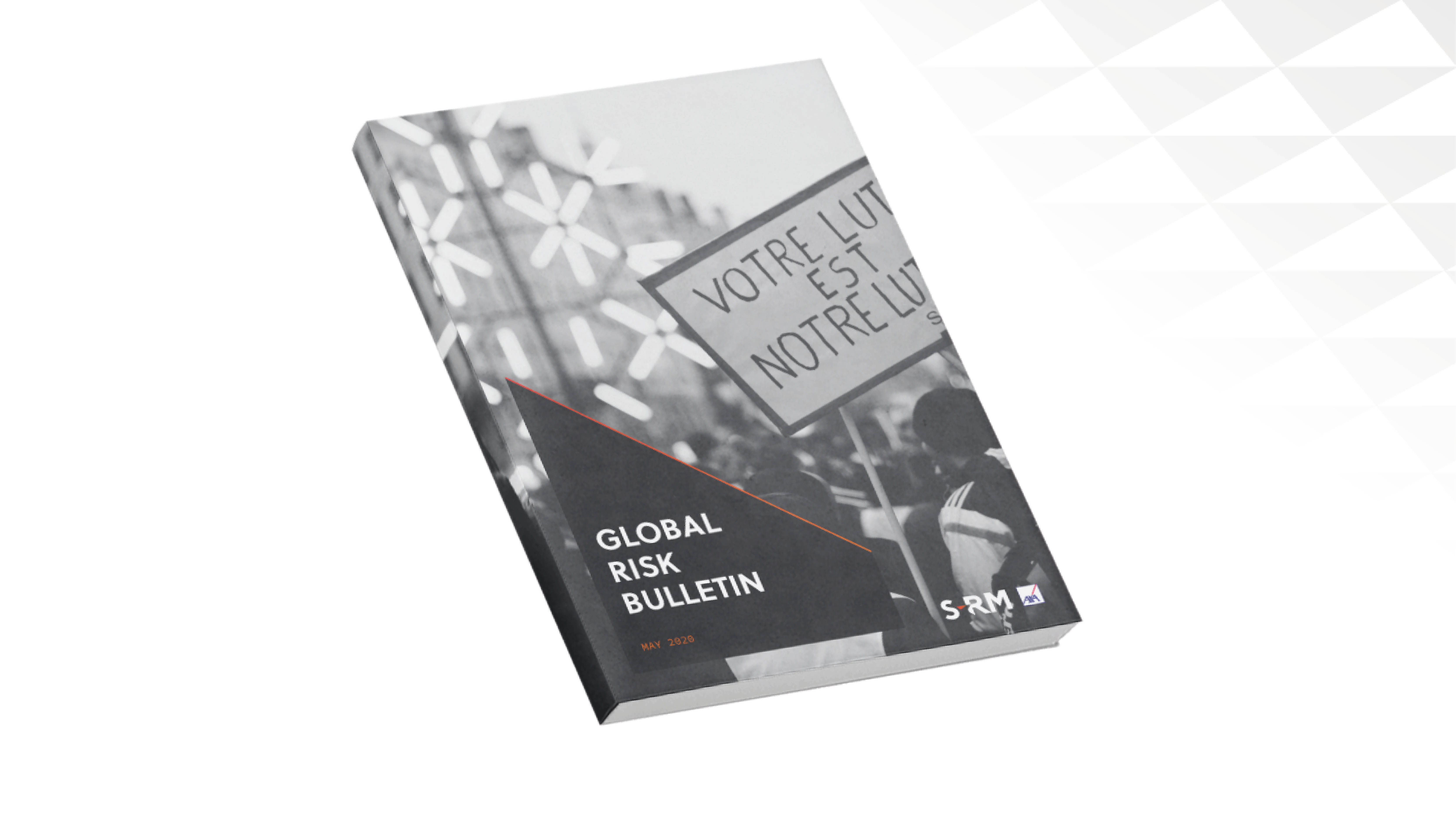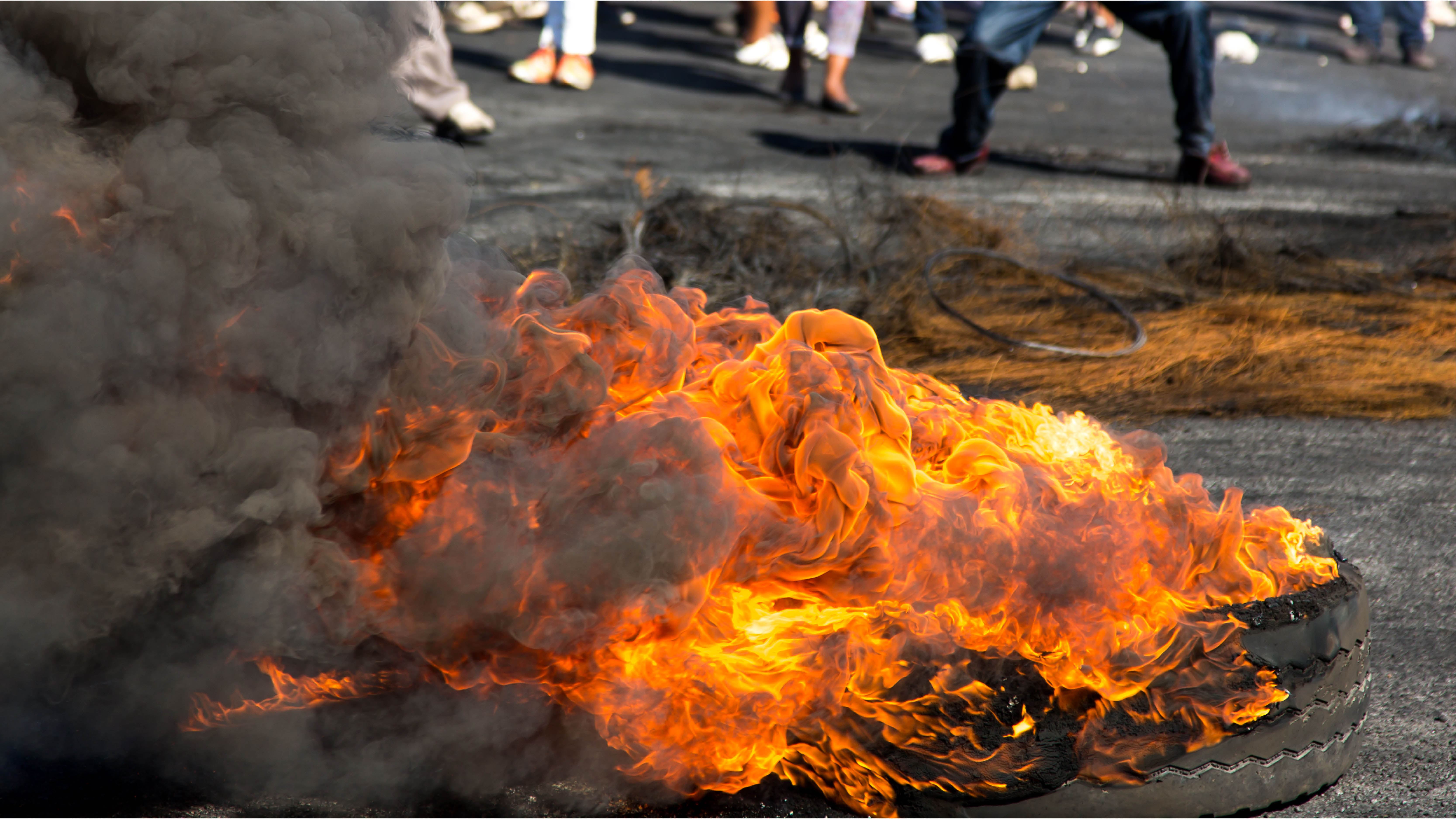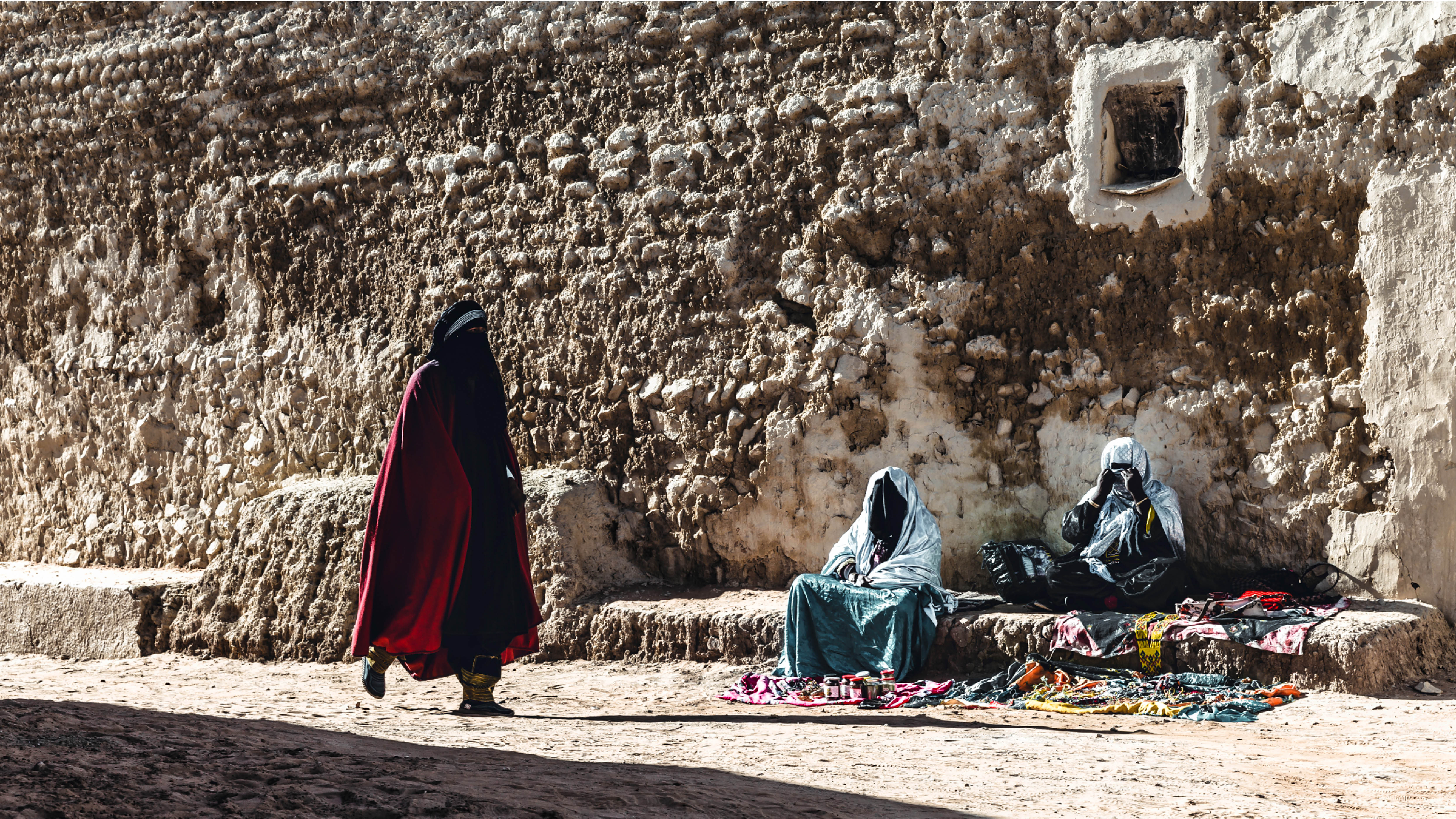1. Jammu and Kashmir
Terrorism
In April, counter-terrorism operations and clashes between militants and security forces continued in the India-controlled Jammu and Kashmir region. Militants killed two civilians in Kulgam District on 1 April, one police officer in Anantnag District on 7 April, and three security personnel in Baramulla District on 18 April. Militants also kidnapped a police officer from his home in Shopian District on 23 April. Security forces killed one militant on 17 April and four others on 22 April, both in Shopian District. Conflict in the region is prone to fluctuation, and these incidents do not indicate a significant change in the security environment.
2. The Philippines
WAR
In April, fighting between security forces and Abu Sayyaf militants intensified in southern Philippines. On 17 April, troops clashed with dozens of militants in Patikul, Sulu Province. At least 12 soldiers were killed and 14 were injured. An unspecified number of militants were also killed and injured. The following day, a grandson of the militant group’s leader, Radullan Sahiron, was killed in a security operation. On 23 April, six militants died and eight soldiers were injured in another firefight in Patikul. Abu Sayyaf is estimated to have 400 members operating in Sulu and Basilan provinces.
3. YEMEN
Terrorism
The security environment in Yemen continued to deteriorate in April. On 9 April, the Saudi Arabia-led military coalition announced a two-week countrywide ceasefire due to the COVID-19 pandemic. However, Houthi rebels rejected the ceasefire, and fighting continued across several frontlines. The Houthis have stated their intent to launch an offensive on Ma’rib City, Ma’rib Governorate, but have not provided a date. Furthermore, on 25 April, the Southern Transitional Council (STC), a secessionist movement based in Aden and backed by the UAE, declared self-rule in southern Yemen. This escalated tensions between the STC and the Saudi-supported Yemeni government, which could drive a resurgence in clashes between the two sides. The UN continues to call for a ceasefire amid the COVID-19 outbreak and the Muslim holy month of Ramadan that began on 24 April. However, previous ceasefire efforts have proven ineffective.
4. IRAQ
Terrorism
On 6 April, three Katyusha rockets landed near a US oil company compound in Burjesia, Basra Governorate. Security forces later found a rocket launcher and 11 unfired rockets on Zubair-Shuaiba road. No casualties or damages were reported, and no group has claimed responsibility, although Iran-backed Shi’a militias were likely involved. In separate incident on 18 April, two rockets reportedly landed near a Chinese oil facility in Nahrawan, Diyala Governorate. The incident caused minor cosmetic damages but no casualties. The attack remains unclaimed. A security official stated that unspecified militia groups launched the rockets as a threat following a failed business proposition. It is unclear if the attacks specifically targeted these facilities.
5. CHILE
CIVIL UNREST
On 26 April, protesters gathered at Plaza Baquedano in Santiago to denounce the government’s decision to postpone the constitutional referendum, due to COVID-19 lockdown measures. The referendum to determine whether Chile’s existing constitution should be rewritten, and by whom, was scheduled to take place on 26 April, but has been postponed to 25 October 2020. Security forces arrested at least five people during the demonstration. Protests will likely continue as socio-economic inequality – which motivated widespread protests and prompted the referendum in 2019 – has been exacerbated by the COVID-19 outbreak and related lockdown measures.
6. VENEZUELA
CIVIL UNREST
Protesters demonstrated countrywide in April to denounce service delivery shortages and inflation amid the COVID-19 outbreak. Fuel shortages have disrupted food deliveries to various municipalities, which have further increased the price of basic goods. Protesters have also looted grocery stores, communal markets and supermarkets. Such incidents have taken place in Bolívar, Lara and Yaracuy, but have not yet reached Caracas.
7. Ukraine
Civil unrest
On 26 April, around 300 farmers protested in Kherson, Kherson Province, to denounce the government’s lockdown measures amid the COVID-19 outbreak. Farmers protested market closures, which have prevented them from selling their produce, by blocking the Antonovsky bridge and throwing fresh produce onto the highway. At least 70 security personnel were deployed to disperse the farmers. Similar demonstrations are likely in the coming weeks. While the government has extended Ukraine’s quarantine period until 11 May, the number of COVID-19 cases has continued to rise, which may prompt extended social distancing measures.
8. US
Civil Unrest
Thousands of people have demonstrated in several states across the US to denounce ongoing COVID-19 lockdown measures. Protesters claim that restrictions infringe on various democratic rights and have exacerbated unemployment due to business and factory closures. Such demonstrations have occurred in Michigan, Kentucky, Washington, Minnesota, Virginia and Colorado. Protesters have faced resistance from healthcare workers, who have staged counter-demonstrations to demand that anti-lockdown protesters adhere to social distancing measures to prevent the spread of the virus.
9. Mozambique
Terrorism
In recent weeks, the Al Sunnah militant group staged six attacks in Cabo Delgado Province, Northern Mozambique. Between 6 and 8 April, militants attacked and occupied the villages of Mingueleua, Meangalewa, Bilibiza, Muatide, Muidumbe and Mueda. Militants took four people hostage in Muidumbe, and destroyed churches, houses, and other infrastructure in several villages before withdrawing. In some cases, they were repelled by security forces. The group has repeatedly made declarations of its intent to control territory and create a state built on Islamic law. However, the exact motives for these attacks is unclear.
10. Malawi
Civil unrest
On 14 April, President Peter Mutharika announced that a 21-day national lockdown would begin on 18 April amid the COVID-19 outbreak. However, on 17 April, the Constitutional Court ruled against the decision on the grounds that there are inadequate measures in place to protect workers who rely on daily wages. Amid uncertainty, hundreds of informal business owners protested peacefully in the cities of Blantyre, Mangochi, Karogna, Zomba, Kasungu, and Mzuzu on 18 April, requesting financial aid should the lockdown be implemented. On 23 April, the government challenged the court injunction, and on 29 April, the court will rule on whether to allow or dismiss the lockdown.
11. Netherlands
Civil unrest
Between 6 and 10 April, unidentified groups vandalised and set multiple 5G telecommunications towers on fire in the cities of Rotterdam, Liessel, Beesd and Nuenen. While no group has claimed responsibility, environmental activists in the Netherlands have staged several demonstrations against the implementation of 5G broadband technology, claiming that radio waves are potentially harmful to health and violate privacy.
12. Greece
Civil unrest
Sporadic protests have continued to take place in migrant camps in Lesbos. On 19 April, police arrested three people in the Vial migrant camp, Chios Islands, following clashes between protesters and police. Protesters denounced the death of a migrant, who was suspected of having COVID-19 despite reportedly testing negative for the virus. Demonstrators set police vehicles and other structures on fire. On 22 April, migrants at the same camp protested unsanitary conditions and accused the EU and Greek government of racism.




 Email Markus
Email Markus





 @SRMInform
@SRMInform
 S-RM
S-RM
 hello@s-rminform.com
hello@s-rminform.com

